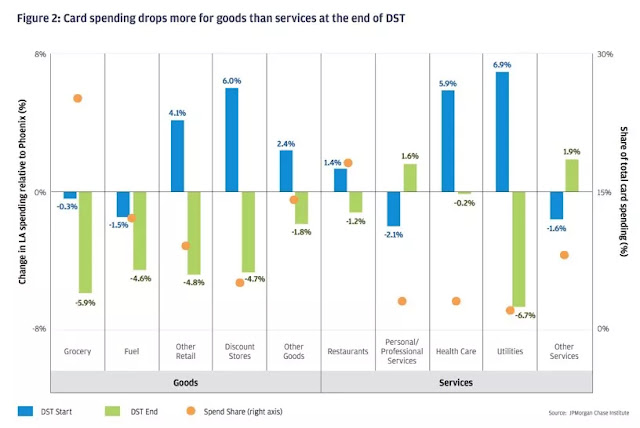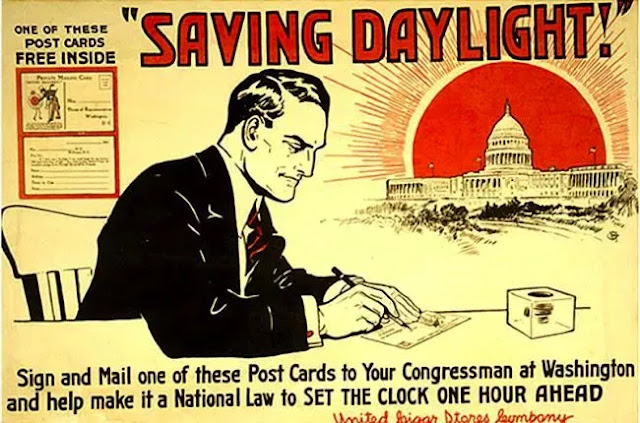The fear factor
What is common at various radical right, pro-Trump sites is expressions of fear among Trump supporters. Lots of irrational, reality-detached fear. Here is
an extreme example:
“Dilbert” creator Scott Adams made a fearful prediction about the 2020 presidential election on Twitter on Wednesday, telling his Republican followers that if Joe Biden is elected to the White House, “there’s a good chance you will be dead within the year.”
“Republicans will be hunted,” he wrote in a follow-up tweet, later adding, “Police will stand down.”
One of the things that these sites focused on is heavily criticizing and attacking various speeches and speakers at the DNC convention this past week. Among other things, most of the criticisms accuse the speakers and democrats generally of (1) their exclusive, polarizing US vs Them rhetoric, (2) hostile intentions toward Trump personally, his administration and his supporters, and (3) lying and lying and lying. Some of the criticisms are insightful and carefully crafted. Some are crude. Many contain a kernel or two of truth that is twisted to falsely portray an entire speech in a very negative and threatening light.
There is very little to be seen of the Principle of Charity[1] coming from these sources. This is all-out propaganda war and all rhetorical means justify the ends, not principled debate constrained by facts and sound reasoning.
Since fear is a common theme on the radical right, it helps to look at DNC speeches and rhetoric from a fearful Trump supporter point of view. One needs to at least try to understand the fears. It also takes some practice. After a while, one can come to see the DNC speeches very differently, even if one excludes the outright lies and obvious gross uncharitable characterizations. There are some things in most of the speeches that can be used to foment fear, rational or not.
For example, some of the speeches were heavily criticized for not condemning social violence in street protests, e.g., in Portland, OR, or not condemning it enough. Radical propagandists falsely characterized the dems as generally pro-violence and illegality. That scares lots of people on the right.
Some of the speeches celebrated the strides that minorities have made, including the selection of Kamala Harris and all that means to American society. The propagandists argued strenuously and repeatedly that this is polarizing, exclusive Us vs Them rhetoric. They vehemently argue that Trump supporters are being excluded and attacked. The propaganda was directed to making white people feel they themselves and their values and/or religion are under serious attack. That
really scares lots of people on the right.
The modest suggestion
In view of how powerful fear on the radical right is, my limited review of the speeches and the reactions to them, it seems that it would be pretty easy to at least try to blunt most of the fear-generating criticisms. Democratic rhetoric could do that by simply directly addressing the basis that radical propagandists key on to foment fear. For example, a speech could easily include a separate but clear sentence or two about not tolerating or even fomenting illegality in street protests. The same can be said of illegality associated with immigration, which is another topic used to effectively foment fear.
Similarly, try to be more explicitly inclusive of people on the right by explicitly stating things that do not scare them. Acknowledge the basis for their fears and address them. For example, many on the right fear that their guns are going to be confiscated. By just saying that is not what democrats would do or want to do, such reassuring statements would lessen the impact of propaganda that says otherwise. It makes the propagandists explain why the assertion is a lie. The more explaining away a propagandist has to do, the weaker the propaganda becomes.
In other words, the modest suggestion is this: Just address the sources of conservative fears clearly and directly to the extent you can without lying, deceit or some sleight of hand. Keep it honest, simple and direct.
Two criticisms of the modest suggestion
The first is simple. We already know all of this. What's new? My response to that is: If you know all of this so well, why is your rhetoric larded with so many easy cheap shots for the propagandists to use against you? If you are aware of all of this, your speech writers suck. Up your game and open your minds, or risk losing.
The second is more complicated. If democratic messaging is made too accommodating to the fears of people on the right, it will drive some or many of our supporters away.
Well, good grief. If that's the concern, then one has to ask if conservative criticisms about being excluded and disrespected aren't fundamentally correct. Does the democratic party really mean to be inclusive and respectful or not? If it does, then why do propagandists so easily and effectively make your rhetoric seem to disregard conservative fears and dignity?
One response to that last criticism is that expert propagandists can easily make any rhetoric seem to disregard anyone's fears and dignity. Maybe that is true to some extent. But if the rhetoric they are distorting into alt-realities lends itself to that, the propagandist job is easier and more effective. In my firm opinion, rhetoric that is hardened against propagandist tactics is a less effective source for spinning alt-realities.
Another response is that it is very hard to craft such rhetoric. My response to that is, so what? Get better speech writers. Up your game or risk losing.
Footnote:
1.
Principle of charity (Wikipedia): "In philosophy and rhetoric, the principle of charity or charitable interpretation requires interpreting a speaker's statements in the most rational way possible and, in the case of any argument, considering its best, strongest possible interpretation. In its narrowest sense, the goal of this methodological principle is to avoid attributing irrationality, logical fallacies, or falsehoods to the others' statements, when a coherent, rational interpretation of the statements is available. According to Simon Blackburn 'it constrains the interpreter to maximize the truth or rationality in the subject's sayings.'"




